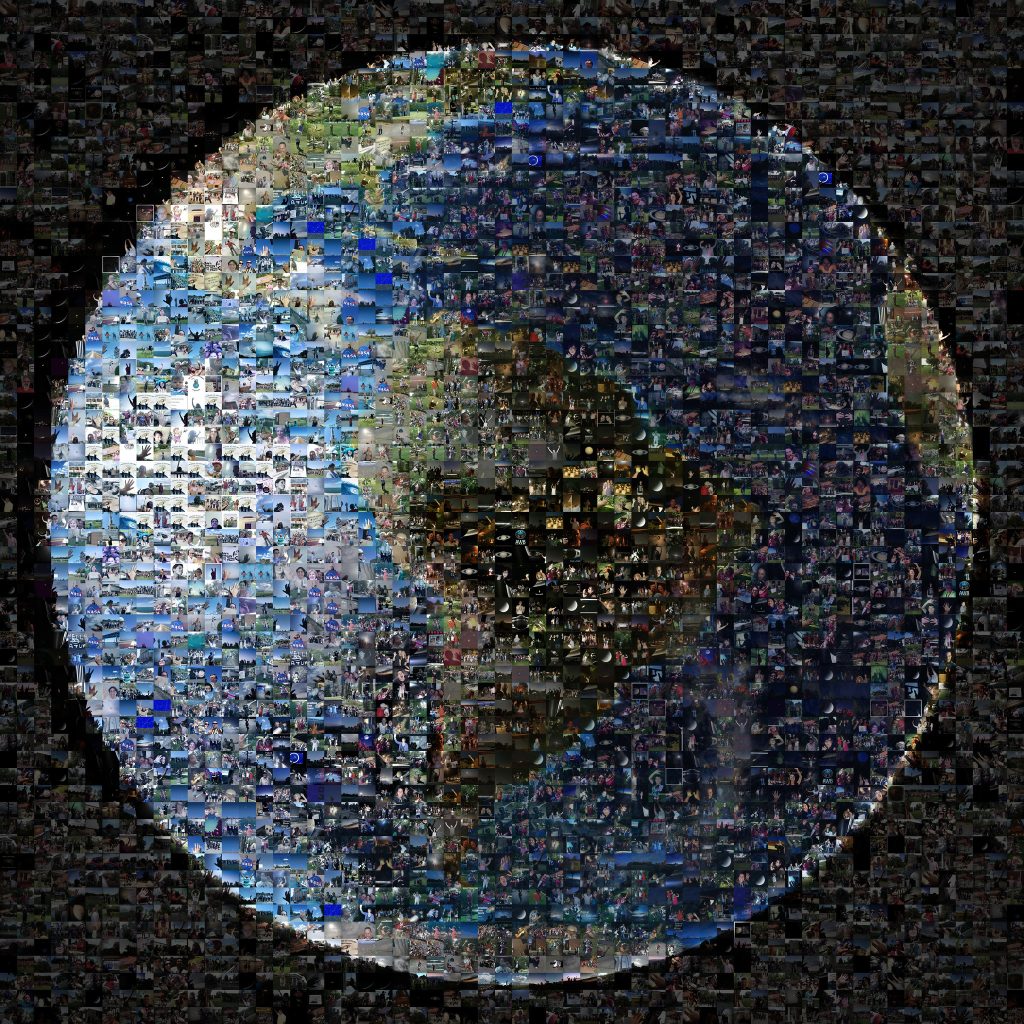16 Simpson’s Influence: The Tensions between Indigenous Sovereignty and Multicultural Citizenship Education
Melissa McQueen
Sabzalian, L. (2019). The tensions between Indigenous sovereignty and multicultural citizenship education: Toward an anticolonial approach to civic education. Theory & Research in Social Education, 47(3), 311-346. https://doi.org/10.1080/00933104.2019.1639572

Leilani Sabzalian examines the concept of citizenship education and the tensions that it creates with Indigenous sovereignty through examining the affect of colonialism and erasure of Indigenous identity. Sabzalian “complicate[s] the ‘One Nation’ discourse within citizenship education, creating space for the many Indigenous nations” (Sabzalian, 2019, p. 333) to exist alongside the construct of nation-state sovereignty.
Citizenship Education and Erasure of Indigenousness
In traditional multicultural and global citizenship based education there has been an argument that students should “acquire a delicate balance of cultural, national, and global identifications and attachments” (Banks, 2004, as cited Sabzalian, 2019, p. 317 ). These identifications are focused around the idea that “citizens develop a critical relationship with nations” (Sabzalian, 2019, p. 317). According to Banks, the idea of “nation” is in regards to the nation-state, not nations within those defined borders of a nation-state. Not only does this cause erasure of Indigenous sovereignty, but reduces Indigenous citizenship as a binary of Eurocentric global citizenship/Indigenous sovereignty as “Ethnocentrism has been naturalized in the field [of citizenship education]” (Sabzalian, 2019, p. 321) providing legitimacy to “settler grammars” on who is a citizen as well as what constitutes active citizenship. These “settler grammars” are rooted in the idea of capitalism and colonialism, versus language rooted in relationships and balance in community building. Indigenous ideas of sovereignty where “Sovereignty is not just about land; it is also a spiritual, emotional, and intellectual space” (Simpson, 2015, p. 19) are replaced with defined borders, and “authoritarian power or power-over style of governance” (Simpson, 2015, p. 19). This results in “the erasure of Indigenous citizenship and nationhood within citizenship literature” that is “compounded by another trend to ‘denationalize’ citizenship by discussing ‘global,’ ‘transnational,’ ‘postnational,’ or ‘cosmopolitan’ citizenships beyond the nation-state” (Sabzalian, 2019, p. 319). The concept of citizenship education, and for that matter global citizenship education, calls on identity to extend beyond the national. This is problematic when ‘Indigenous peoples as citizens have not been afforded the respect and recognition as nations within [nation-states]” (Sabzalian, 2019, p. 320). Citizenship education tends to be silent on this erasure of Indigenous sovereignty and read as a form of “myth maintenance” to preserve and protect the idea of sovereignty found in Eurocentric land claims and nationhood (Sabzalian, 2019, p.322). In regards to “active citizenship” Simpson states “when Indigneous peoples use the English word sovereignty in relation to our own political traditions, we use it to mean authentic power coming from a generated consensus and respect for dissent” (Simpson, 2015, p. 19) this calls on Indigenous people to be actively engaged in political discourse and to react to injustices done to people, as well as land. This traditionally has been seen as a threat to the capitalistic and colonial structures found in Eurocentric understandings as nation, as it calls us to take into consideration “animal nations and plant nations, the water, the air, and the soil, meaning the land is part of us and our sovereignty rather than an abstract natural resource for our unlimited use” (Simpson 2015, p. 19). For Sabzalian, active citizenship in embedded within the concept of Indigenous citizenship as Indigenous youths dissent against colonial structures, advocate for protections of land and sacred spaces and places, honouring and protecting treaties, as well as calling for Indigenous self-determination and recognition internationally and nationally.
Leanne Betasamoake Simpson examines the idea of Indigenous sovereignty in her article, The Place Where We All Live and Work Together, stating that the word for “nation” “sovereignty” or even “self-determination” in Anishinaabemowin was “Kina Gchi Anishinaabe-ogaming” which is understood to be “the place where we all live and work together” (Simpson, 2015, p. 18). This definition of nationhood and sovereignty is “at its core about relationships—relationships with each other and with plant and animal nations, with our lands and waters and with the spiritual world” (Simpson, 2015, p. 18). This complicates the narrative of “immigrant nations[s], [that] cast Indigenous homelands as ‘empty’ wilderness, or view settler society as ‘superior’ to Indigenous societies that existed precontact” (Sabzalian, 2019, p. 321). This complication is crucial for frameworks of anticolonial education that calls on educators to become aware of how our interpretive frames and pedagogies are built on “settler grammars.” Anticolonial frameworks are necessary when discussing Indigenous sovereignty and citizenship because “for Indigenous Peoples, sovereignty means not only the freedom to make decisions about our land but also the freedom to make decisions about our body” (Simpson, 2015, p. 20). Within this critique of colonialism in Indigenous sovereignty is the extension of representation of women and members of the 2SLGBTQIA+ within these frameworks of citizenships so that we are “all living and working together as dynamic, creative Anishinaabeg people” (Simpson, 2015, p. 19).
Simpson’s and Sabzalian’s notion of Indigenous sovereignty “unsettles the ways citizenship education naturalizes ideologies of conquest” (Sabzalian, 2019, p. 327) by demonstrating how sovereignty is seen through “authentic power coming from a generated consensus and a respect for dissent, rather than sovereignty coming from authoritarian power or power style of governance” (Simpson, 2015, p. 19).
References
Sabzalian, L. (2019). The tensions between Indigenous sovereignty and multicultural citizenship education: Toward an anticolonial approach to civic education. Theory & Research in Social Education, 47(3), 311-346. https://doi.org/10.1080/00933104.2019.1639572
Simpson, L. B. (2015). The place where we all live and work together: A gendered analysis of “sovereignty.” In S. N. Teves, A. Smith, & M. H. Reheja (Eds.), Native Studies Keywords (pp. 18-24). University of Arizona Press. https://doi.org/10.2307/j.ctt183gxzb.5
Media Attributions
- Earth Waves at Cassini © NASA Goddard Space Flight Center is licensed under a CC BY (Attribution) license

